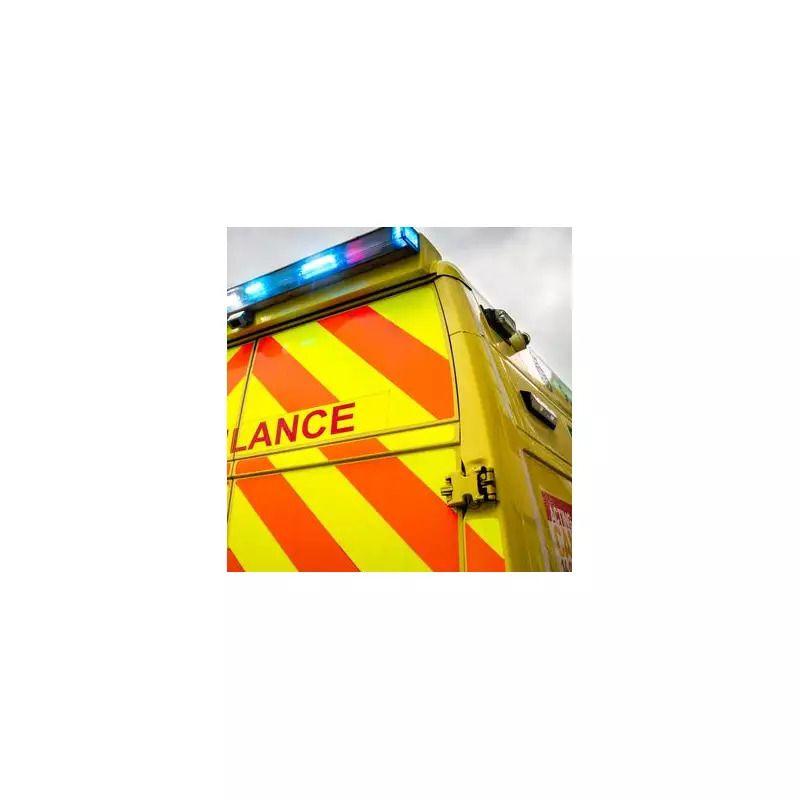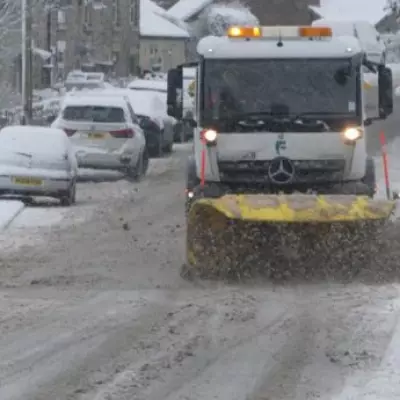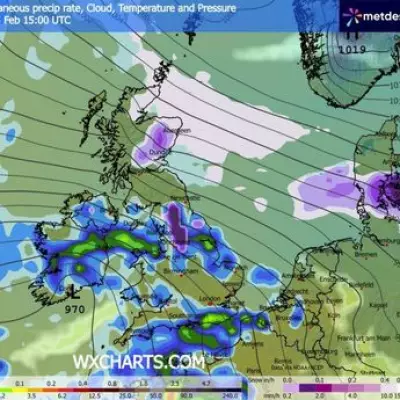
The NHS has issued an urgent health alert urging the public to act immediately if they recognise key stroke symptoms, emphasising that rapid response can mean the difference between life and death.
The Critical FAST Test Every Adult Should Know
Medical experts are reinforcing the importance of the FAST acronym - a simple memory tool that helps identify the most common stroke warning signs:
- Face - Has their face drooped on one side? Can they smile normally?
- Arms - Can they raise both arms and keep them there?
- Speech - Is their speech slurred or garbled?
- Time - If you see any of these signs, it's time to call 999 immediately
Why Every Second Counts in Stroke Response
"Time lost is brain lost" has become the rallying cry among healthcare professionals. The sooner a stroke patient receives medical treatment, the better their chances of recovery and minimising long-term disability.
New data reveals that many people still hesitate to call emergency services, often hoping symptoms will pass or misunderstanding the urgency of the situation. This delay can have devastating consequences for recovery outcomes.
Beyond FAST: Additional Warning Signs You Shouldn't Ignore
While FAST covers the most common symptoms, health authorities want the public to be aware of other potential red flags:
- Sudden weakness or numbness on one side of the body
- Complete paralysis of one side
- Sudden vision problems or loss of sight
- Confusion, difficulty understanding others
- Balance issues and coordination problems
- Severe headache with no apparent cause
The consistent message from healthcare providers is clear: if you suspect a stroke, don't wait, don't drive to hospital yourself - call 999 without delay. Emergency operators are trained to prioritise stroke calls and will dispatch appropriate medical help immediately.





